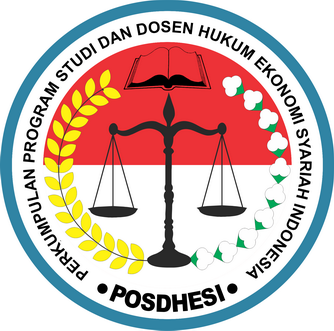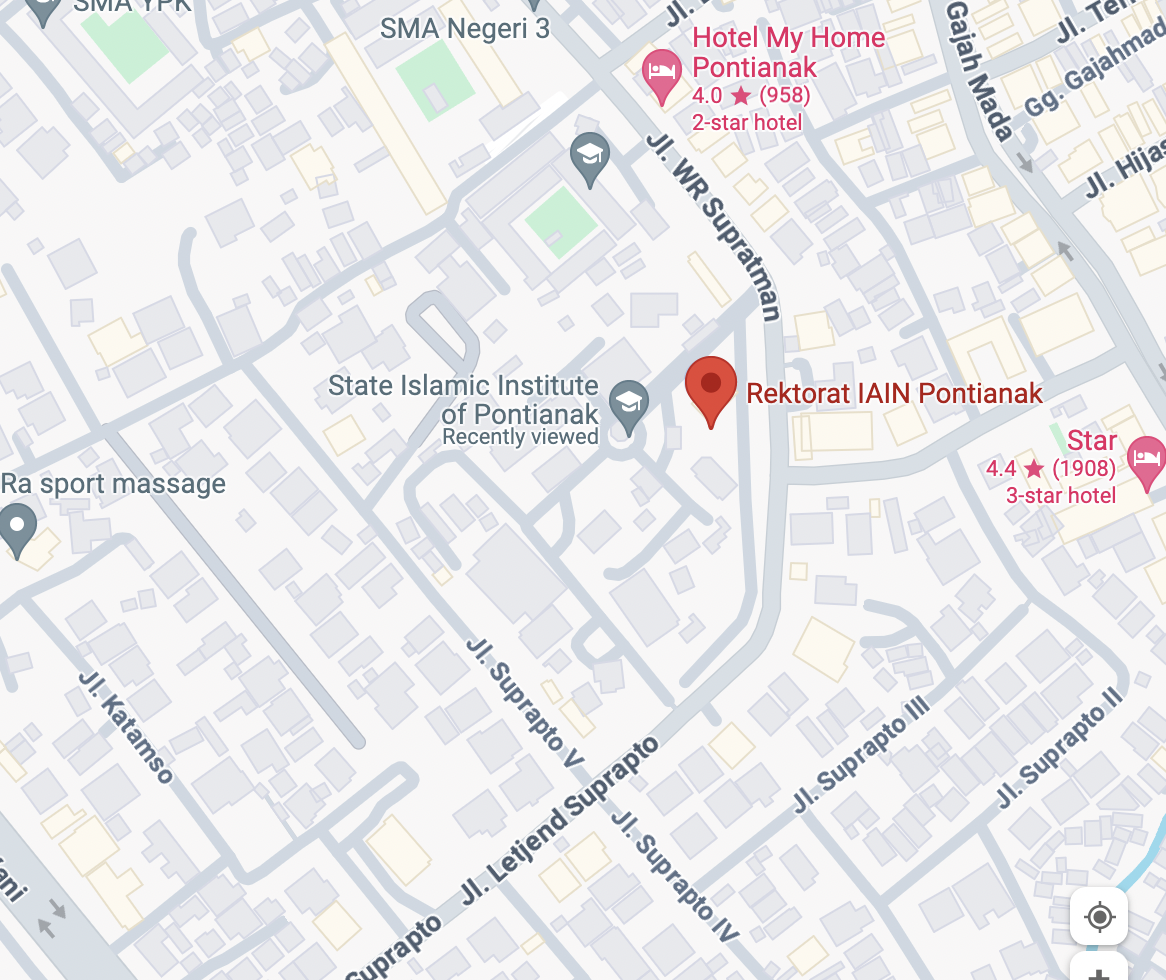KESAHIHAN JUAL BELI KULAT DI DESA SUNGAI PINANG MENURUT PENGURUS MAJELIS ULAMA INDONESIA KABUPATEN MELAWI
DOI:
https://doi.org/10.24260/al-aqad.v2i1.699Keywords:
Hukum Islam, Kulat (Getah Karet), Majelis Ulama Indonesia (MUI)Abstract
This study aims to find answers to the legal status of buying and selling ‘kulat’ (rubber sap) in Sungai Pinang Village with the addition of particles or water content in it according to the Indonesian Ulema Council (MUI) management of the Melawi Regency. This type of research is empirical law with a qualitative approach and descriptive analysis. At the same time, the data collection techniques used primary data, namely observation, interviews, and forms of documentation. To test the validity of the data, researchers only used triangulation. Based on the results of the study, it can be concluded that: 1) The practice of adding particles or water content into ‘kulat’ (rubber sap) by the community in Sungai Pinang Village is still being carried out today; 2) The legal status of the sale and purchase of ‘kulat’ (rubber sap) by way of the practice of adding particles such as sawdust and adding water content to toadstool according to the MUI of Melawi Regency, namely halal and haram. However, if the addition of particles such as gravel, sand, and mud into the toadstool, the law is haram; 3) There are other legal opinions besides the Qur'an, Hadith, and Al-'urf which are used by the MUI management to compare and provide legal opinions that are not commonly used by other scholars, namely the legal history argument. This research implies a change in behavior regarding buying and selling activities contrary to Islam. Therefore, the role of the MUI in the Melawi Regency is necessary to enlighten the practice of buying and selling kulat, which is justified in Islam.
Keywords: Islamic Law, Kulat (Rubber Sap), Indonesian Ulema Council (MUI)






